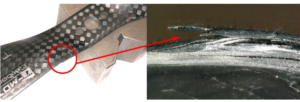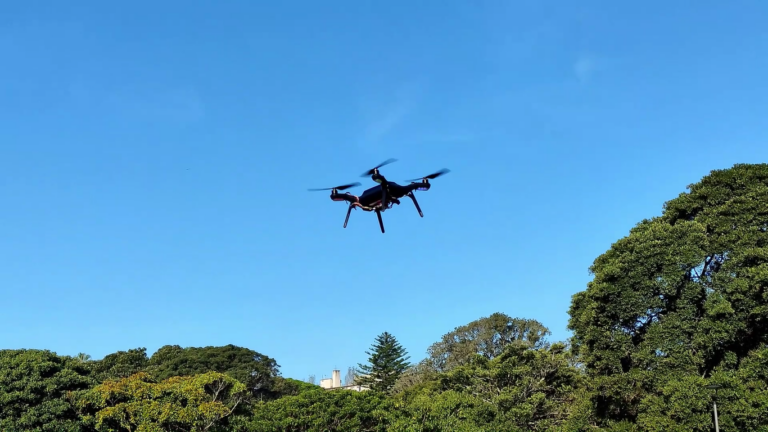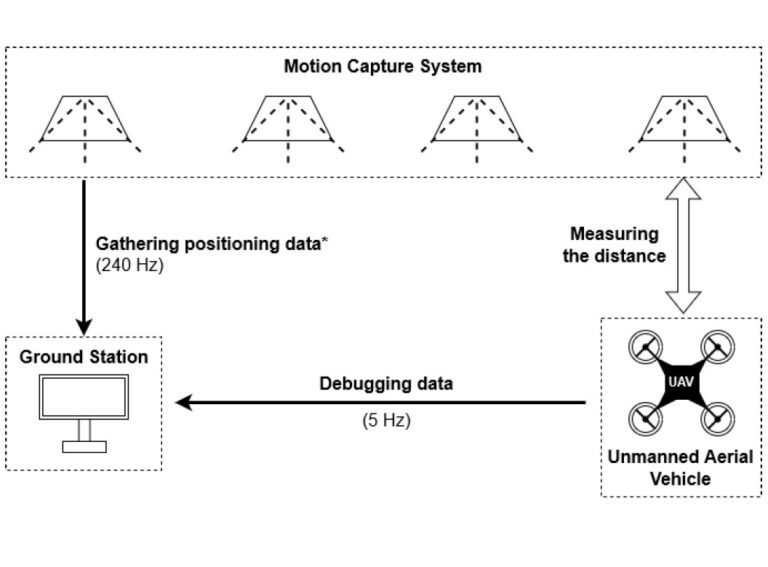We are very proud to announce that SkyEye Team won the third place of the Grand Challenge in the Mohamed Bin Zayed International Robotics Challenge MBZIRC2020 that took place in February 2020 in Abu Dhabi.
Toward lightweight acoustic fault detection and identification of UAV rotors
Data-driven Fault Detection and Isolation (FDI) systems receive a lot of attention from researchers. Several recent applications utilize acoustic signals recorded on-board of the Unmanned Aerial Vehicle (UAV) to assess the condition of propulsion system and diagnose rotor blade impairments. In this work, we propose two major improvements to the previously developed FDI scheme. They are aimed at reducing the computational load of the deep LSTM-based (Long Short-Term Memory) fault classifier. First, the PCA-based (PrincipalComponent Analysis) feature space reduction allows reducing the size of neural networks and thus decreasing the number of mathematical operations. Secondly, a modified algorithm introduces an ensemble of multiple weak classifiers with a decision-fusion strategy that provides the final status of the system. The developed schemes were evaluated in comparison to the original algorithm, using an extensive dataset of real-flight acoustic data. The results show that the proposed improvements significantly reduce the computation time within the assumed performance constraints.




